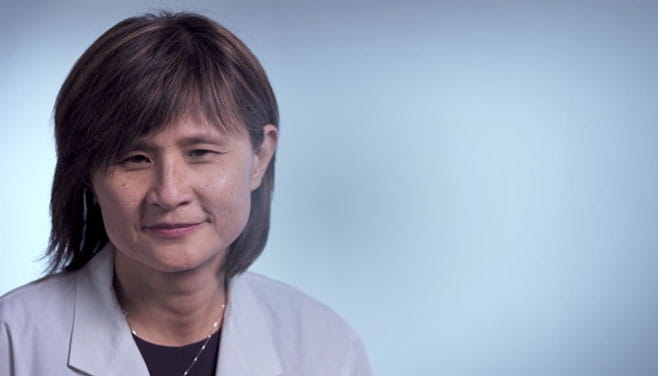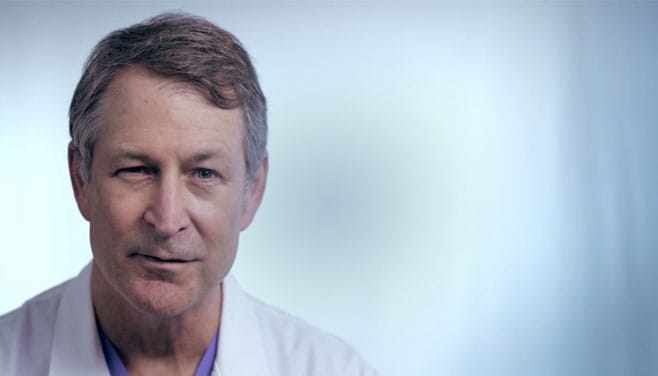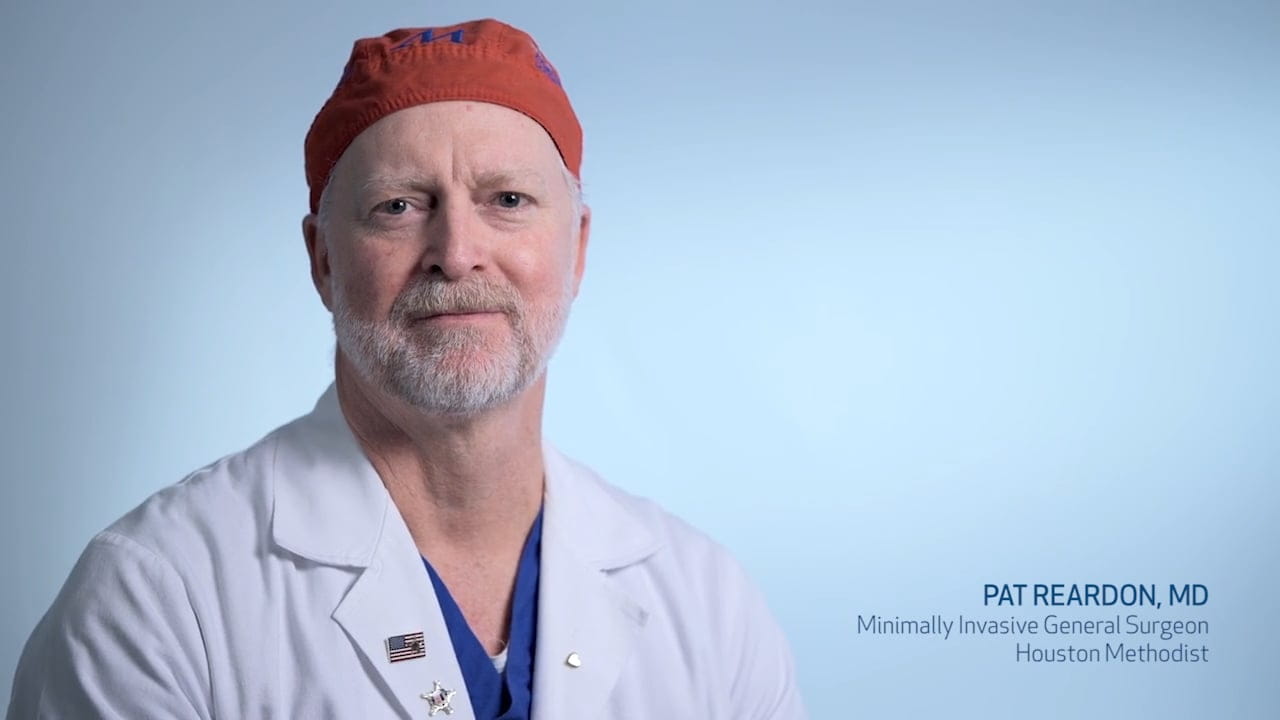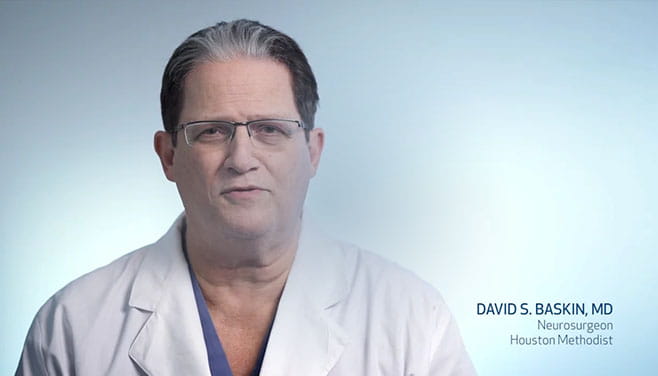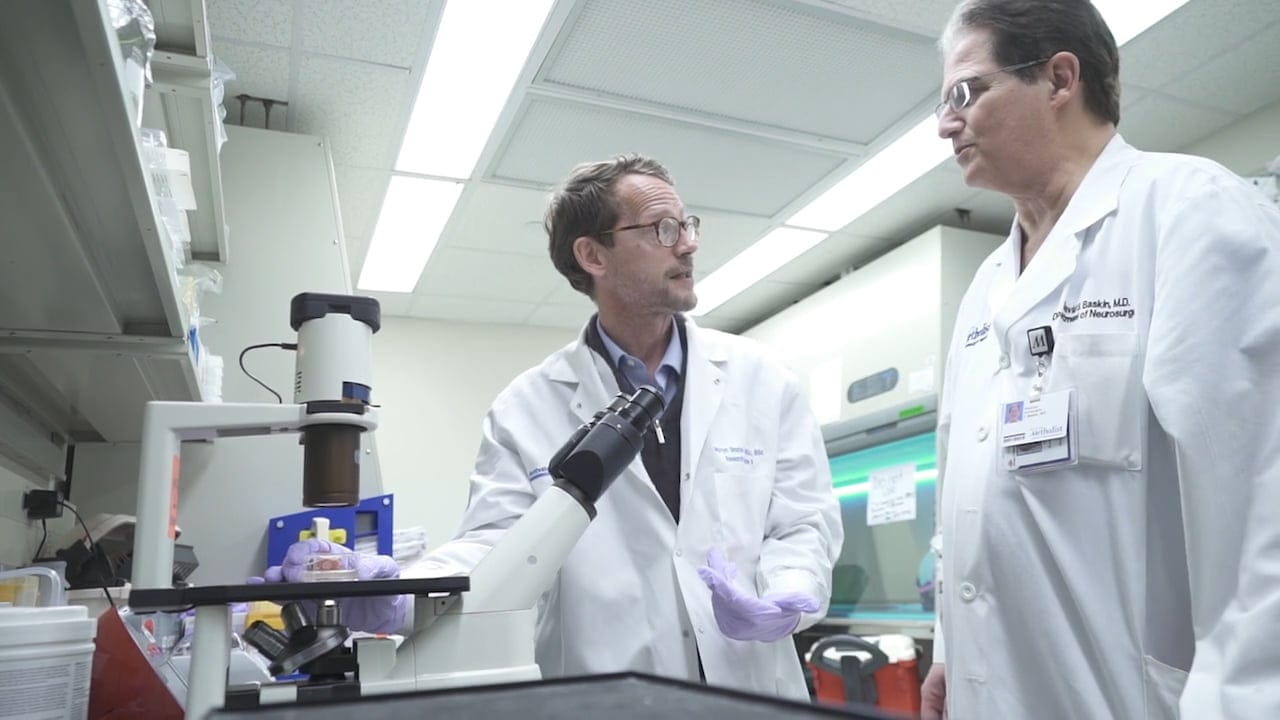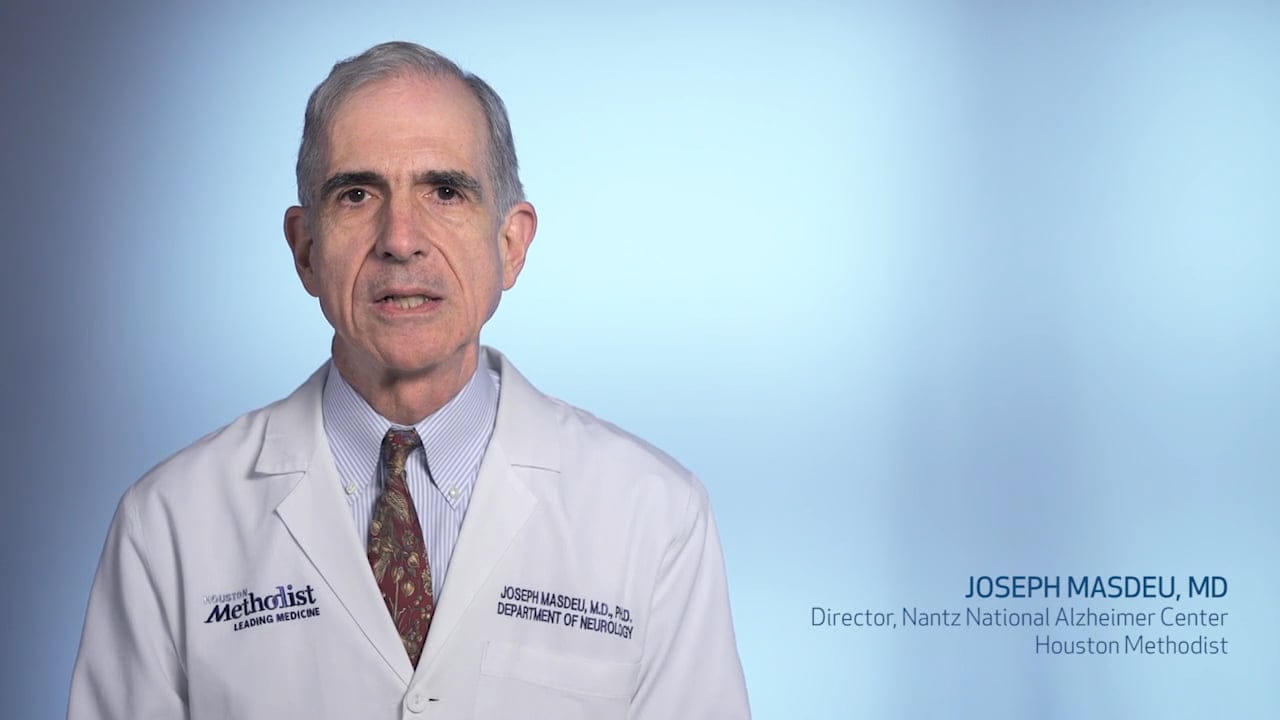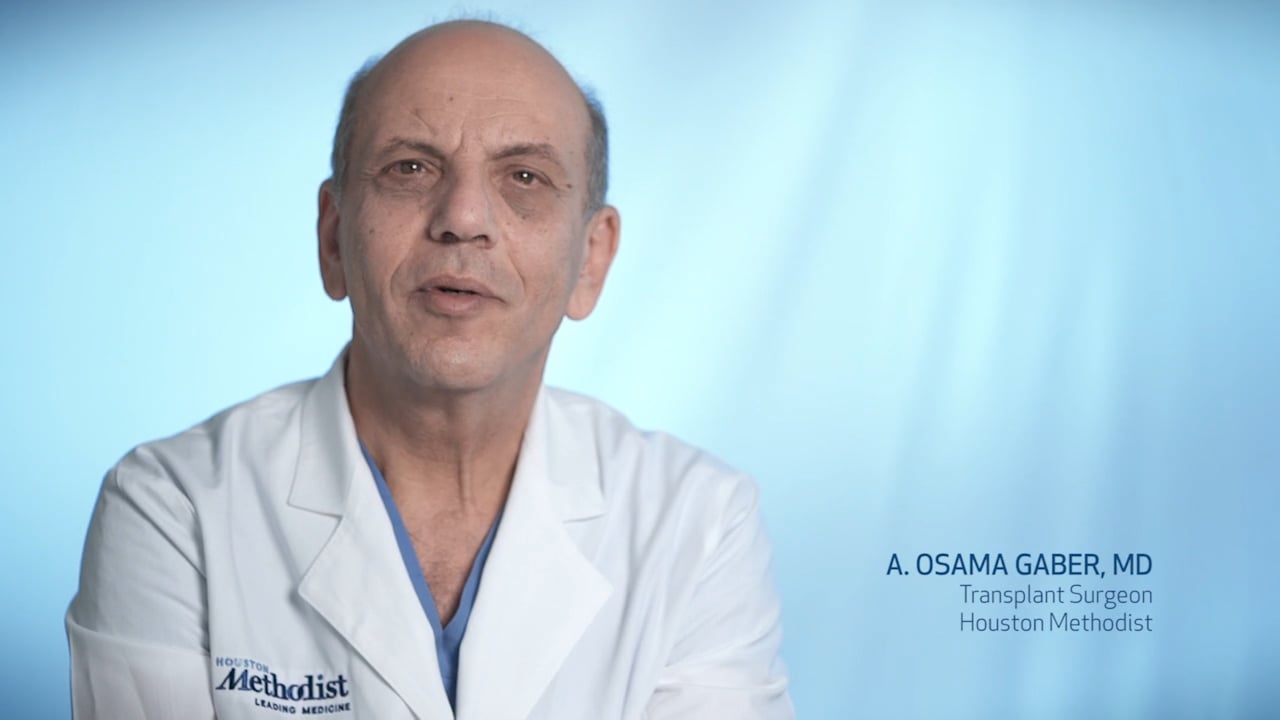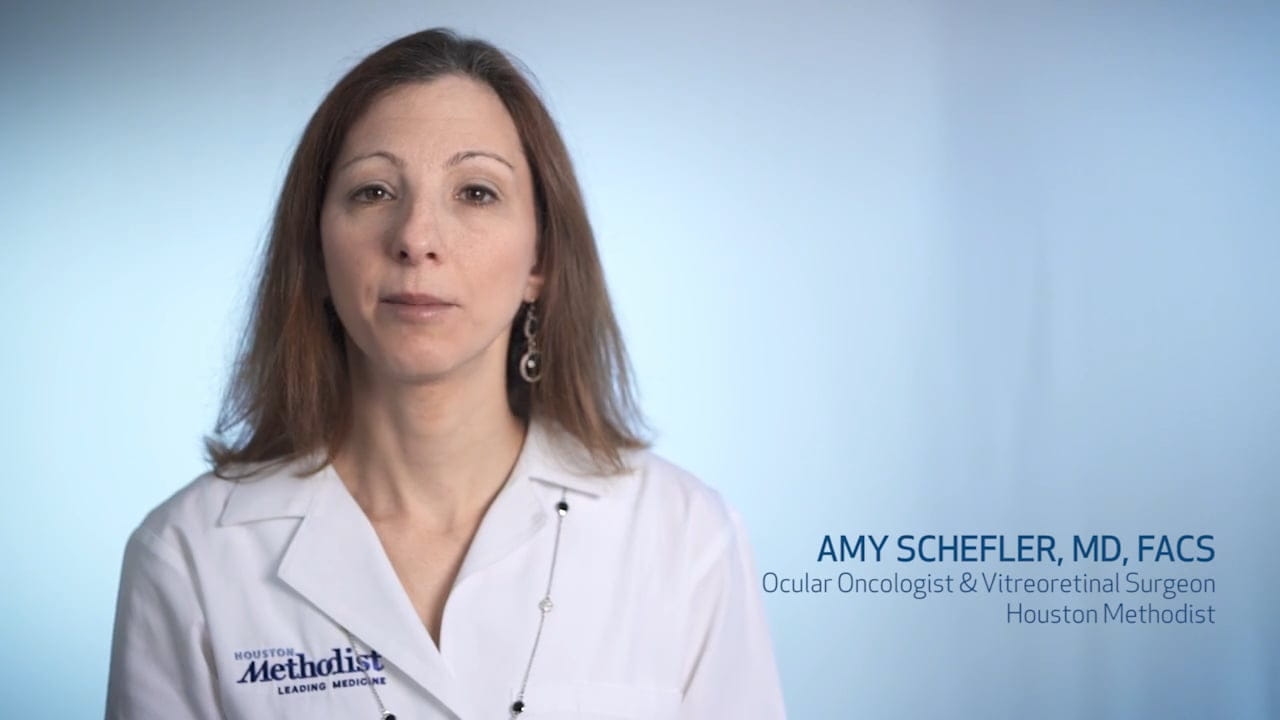Our Innovative Research, Technology And Treatments Impact Patients’ Lives Today — And For Years To Come.
At Houston Methodist, we’re committed to connecting patients from all over the world with advanced, personalized care. Our dedicated team of doctors and researchers collaborate in all areas, from reimagining decades-old medical techniques to inventing new options for patients who previously had none.
Choose a topic below to find out how we’re leading medicine.
Choose a topic below to find out how we’re leading medicine.
OR
Scroll down to view more
Immunotherapy
Our oncologists are spearheading Houston Methodist’s groundbreaking work in immunotherapy, a chemotherapy alternative that could unlock less toxic methods to fight cancer. Learn more about how Houston Methodist Cancer Center treats common cancers in uncommon ways.

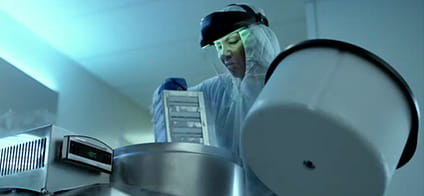

Newly developed therapies help condition the immune system to attack cancer on its own.
See the full commercial >
See the full commercial >
Autotransplantation
Houston Methodist's Michael J. Reardon, MD, continues to pioneer advanced techniques for treating the diseased heart, including autotransplantation — removing the heart to access a malignant tumor, then returning it to the body, cancer-free.
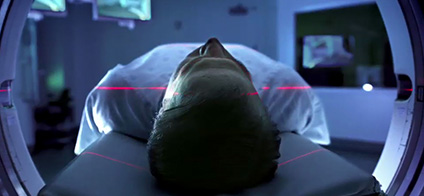
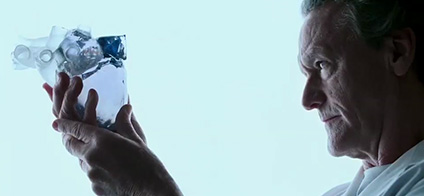
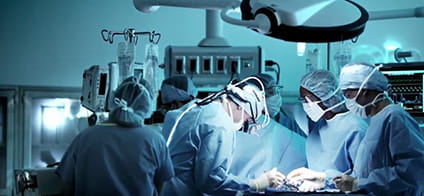
Doctors use 3-D models to plan this complex procedure before the patient ever undergoes surgery.
See the full commercial >
See the full commercial >
Minimally Invasive Heart and Gastrointestinal Surgery
Using tiny instruments less than half the size of conventional ones, our minimally invasive heart surgeons and gastrointestinal surgeons help patients heal faster and with fewer surgical complications — while barely leaving a scar. Learn how Houston Methodist continues to push what’s possible with laparoscopic surgery.
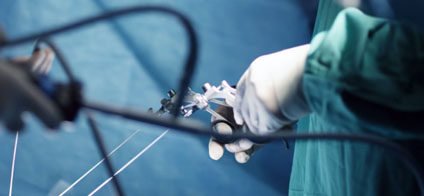
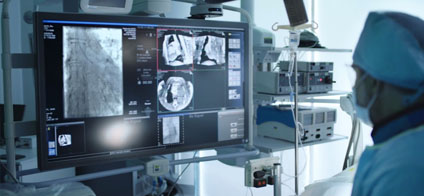

Houston Methodist experts use minimally invasive techniques to help the body heal faster and with fewer complications from digestive and heart surgeries.
See the full commercial >
See the full commercial >
Minimally Invasive Surgery
At Houston Methodist, we are redefining what’s possible in brain surgery. Our neurosurgeons remove pituitary tumors without ever making an incision, and our experts operate on hard-to-reach brain tumors through a passage smaller than a dime. See the neurosurgeons who remove these pituitary tumors, as well as the experts who navigate deep into the brain.
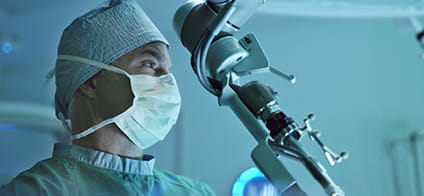
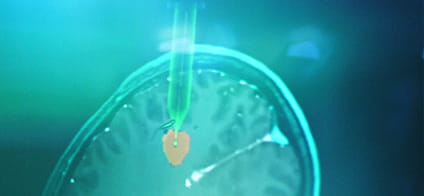

Neurosurgeons use advanced imaging and brain-mapping technology to navigate deep areas of the brain without damaging healthy tissue, dramatically reducing patient recovery time.
See the full commercial >
See the full commercial >
Mitochondrial Smart Bombs
At Houston Methodist, we are developing a drug that targets and destroys malignant brain tumors while leaving healthy tissue intact. This revolutionary treatment will give patients a more effective, less invasive option for overcoming this deadly condition, where currently few exist.
Nipple Sparing Mastectomy & Breast Reconstruction
During a sophisticated mastectomy procedure, our surgeons remove cancer while sparing the patient’s nipple. Then we reconstruct the breast using the patient’s own tissue. This innovative microsurgery, pioneered at Houston Methodist, allows for more natural-looking results and improves nerve sensation in the skin.
Alzheimer’s Disease
By studying the effects of certain proteins on the brain 10 to 20 years before symptoms appear, we are one step closer to slowing down and one day preventing Alzheimer’s-related memory loss.
Skull and Scalp Transplant
Houston Methodist transplant, plastic and neurosurgeons A. Osama Gaber, MD, Richard Knight, MD, Michael Klebuc MD and Todd Trask, MD, recently made medical history by performing the world’s first skull and scalp transplant together with a kidney-pancreas transplant — all in a single operation that saved the patient’s life.
Ocular Oncology
Using customized ocular discs, ocular oncologist Amy Schefler, MD, can treat the most severe form of eye cancer. As one of only a few hospitals performing this advanced procedure, we successfully target and destroy eye tumors while preserving a patient’s vision — with virtually no chance of recurrence.

